The week of April 27th, 2020 is Water Week. It is our yearly reminder that water may be the most critical topic for our planet and our communities. Above all, water solutions are imperative to our survival, right now, and in the future.
It is increasingly evident that much of the earth’s climate change issues are, in fact, water issues. As humans on this planet, we often experience dramatic climate events as water events. We experience too much water with floods, lack of water with droughts, rising global water levels, and the unpredictability of year to year rainfall patterns.

Healthy People, Healthy Communities
As humans, our well-being is greatly affected by our surrounding environment. The air we breathe is essential. It is imperative to have clean water to drink. Also, the food we eat needs water and is a necessity for our communities. Ultimately, that is why healthy communities implement proper water systems and water safety plans.
Unfortunately, many communities cannot sufficiently adapt or upgrade current systems required for safe water, sanitation, and hygiene. In fact, population growth and water quality changes are just a couple of issues communities can face.
The World Health Organization (WHO) has specific objectives in water safety. In fact, there are plans to ensure safe water usage with good water supply practices. It might seem basic, but they are vital to community water success:
- Prevent contamination to the water source;
- Treat water to remove contamination;
- Meet water quality targets; and,
- Prevent storage, distribution, and handling regarding re-contamination issues.
Centers for Disease Control and Prevention (CDC)
Water is such a necessity; the Centers for Disease Control and Prevention (CDC) has hosted a Healthy Water website. Their goal is to set forth the answers to your healthy water-related questions. They cover everything water-related from drinking, recreation, and sanitation, to hygiene and industrial usage.
Recently, the CDC put out a reassuring statement regarding water and COVID-19. It states, “There is no evidence showing anyone has gotten COVID-19 through drinking water, recreational water, or wastewater. The risk of COVID-19 transmission through water is expected to be low.” They have provided even more information here (https://www.cdc.gov/coronavirus/2019-ncov/php/water.html).
United States Water Week
Unfortunately, due to COVID-19, much of the in-person discussions and Water Week 2020 events in Washington are postponed or canceled. However, there are webinars and virtual events taking place. You can participate with key policymakers and get further information here.
World Water Week 2020
Again, due to COVID-19, the 30th Anniversary of World Water Week 2020 has been canceled, too. The event was scheduled in Stockholm in August. But, this must not stop people from taking action.
Essentially, water processes and healthy linkages to our communities, states, countries, and the world are involved. Most importantly, we must all come together. There are new ideas in search of development. Above all, we require solutions to combat water issues due to climate change.
Although the physical gathering for the celebration of Water Week 2020 will not happen this year, its importance to our global and community water issues has not.







